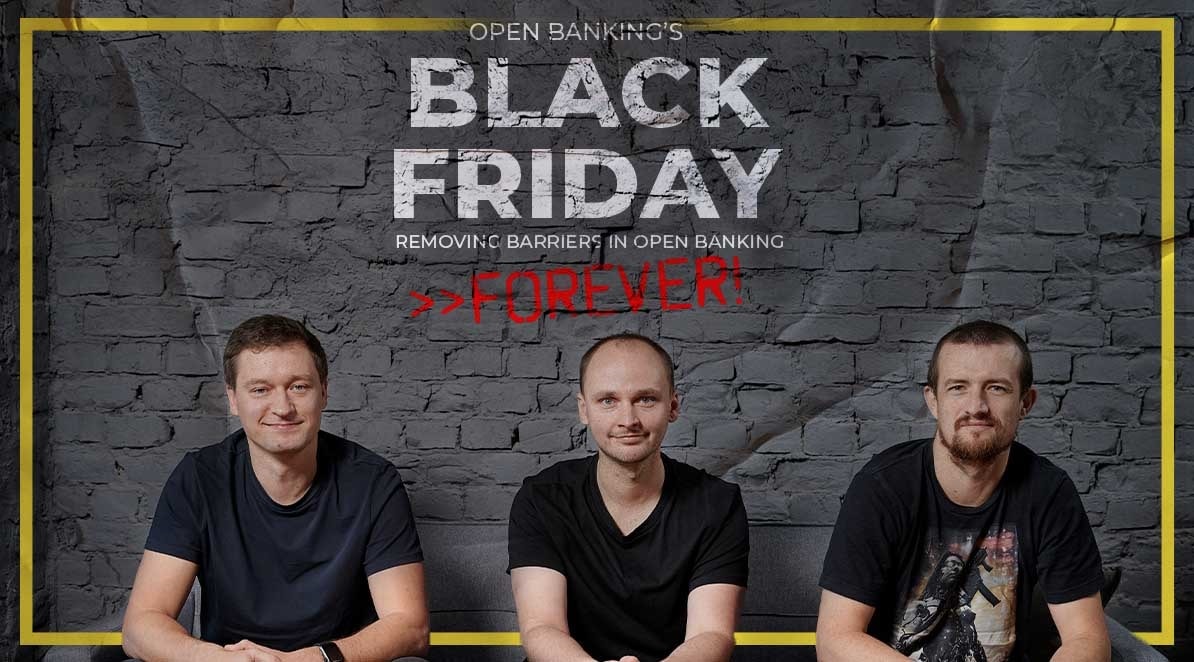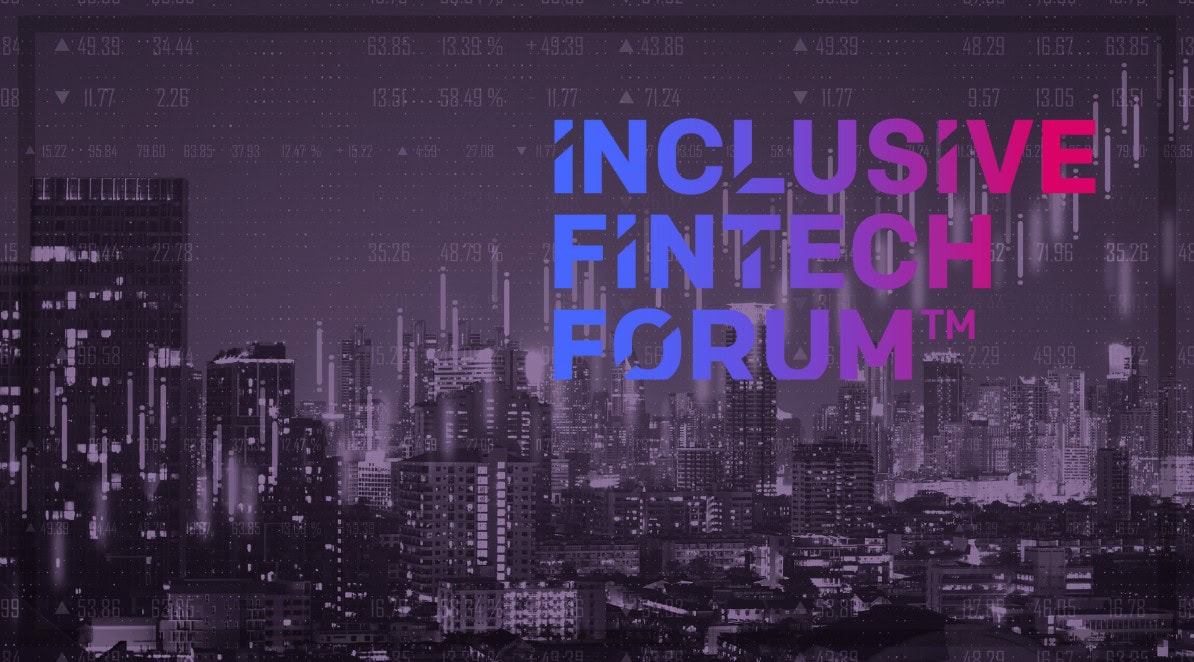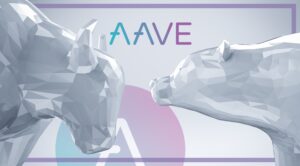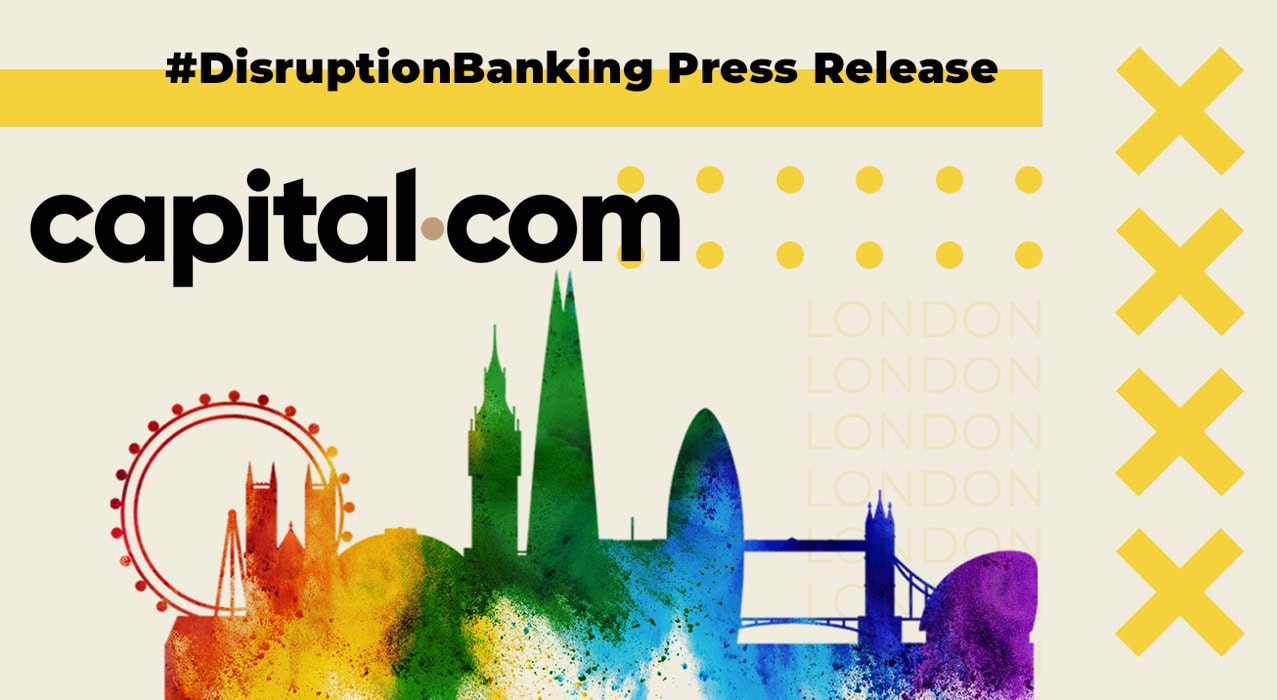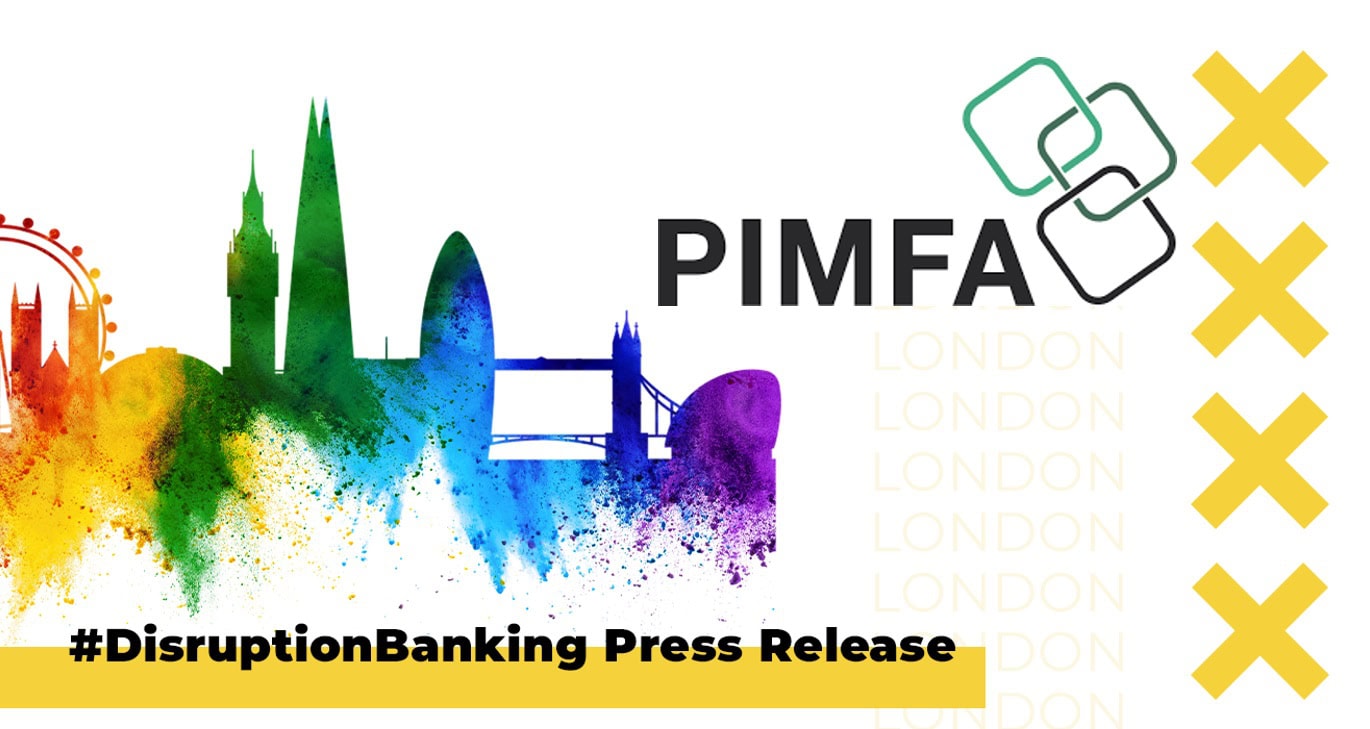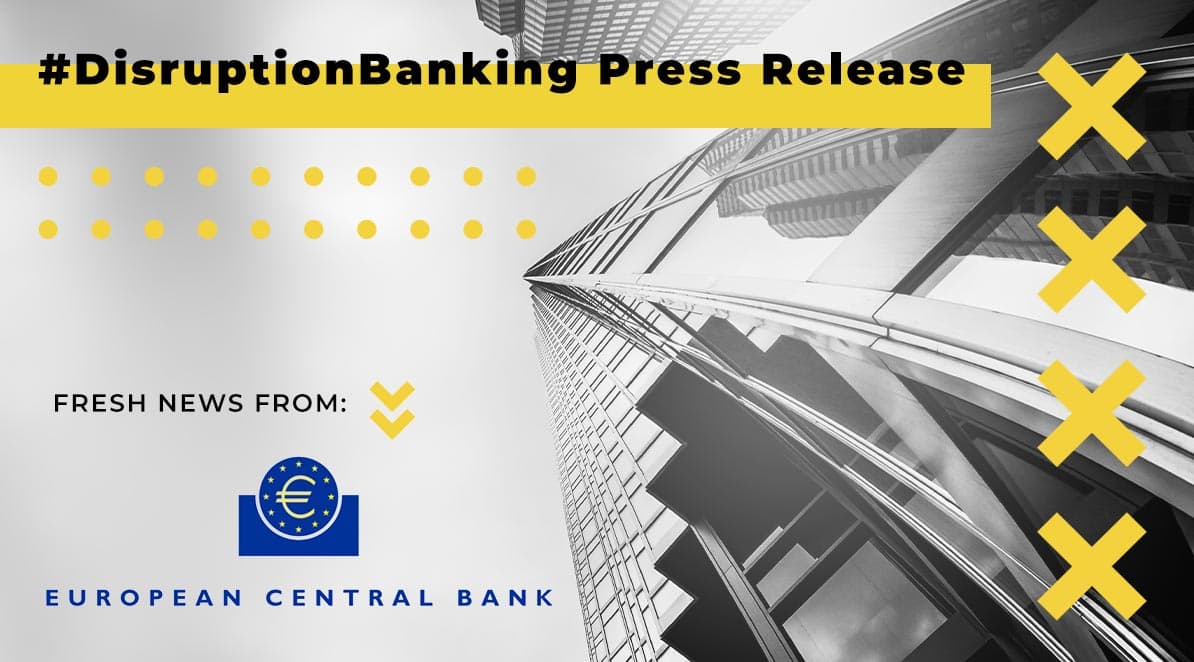At the tail end of 2019 there were a lot of stories amongst the Open Banking ecosystem about the imminent acquisition by VISA of Plaid, who have an Open Banking platform to access data and make payments. The story started to gather some real momentum, even with the pandemic going on in the background. But just before #BlackFriday, a more recent story might mean that it won’t be the first-ever time that VISA have had to shelve their plans:
The Justice Department is preparing to sue to block Visa’s $5.3 billion acquisition of financial data provider Plaid https://t.co/I39czXPjn5
— Bloomberg (@business) November 5, 2020
With a lot of the talk in the Financial Times last week covering how BigTech is facing its ‘Standard Oil’ moment. It is refreshing to cover a story about some of the exciting things happening amongst the fintech community where there are literally 100s of Account Information Service Providers (AISPs) much like Plaid, and, no talk of any BigTech’s moving in too heavily.
And, while we prepare for the European Payments Initiative (EPI) project to clarify, as we covered in #Disruptionbanking last week, a host of new stories appear in the media with hashtags like #democratisation and #freemium.
Plaid themselves boast on their site that they are “focused on democratising financial services through technology”. A phrase that seems to pop up quite regularly in the world of innovation and fintech.
So you can imagine our surprise when we found ourselves preparing for the Fintech event of the year, the Singapore Fintech Festival, while millions of offers flood into our inbox related to the recent #BlackFriday sales. Only to notice this headline story from Nordigen popping onto the TechCrunch news feed:
Nordigen introduces free European open banking API https://t.co/nHW3vH5inu by @romaindillet
— TechCrunch (@TechCrunch) December 1, 2020
It’s enough to click on their website to see the words: “We provide free access to bank data and premium data insights”. Too good to be true? We thought so. In fact, we searched out the man responsible for this Tweet. Rolands Mesters, CEO and co-founder, Nordigen, who agreed to answer some of our questions about the project that his team and him have been quietly working away at in Latvia of all places.
“We are trying to be different. We are probably one of the very few companies who can afford to have a business model like this right now. Once we understood that, technologically, it’s possible to provide a free Open Banking API platform, we understood that the impact of that could be that this removes expenses as an argument from adopting open banking.
“At the end of the day, the adoption of open banking really boils down to the developers and the companies themselves who are going to be brave enough to be the first ones to start to open up those use cases.
“We realised that the free APIs are improving every day. A year ago, you needed tons and tons of effort to actually get the banking connection up and running. Today it is less effort and tomorrow it should be even less effort. This means the cost of integration is also going to be less.
“Banks in Europe have all the incentive they need to ensure their APIs are good, because they have to ensure they are compliant.”
“So we looked at the market and thought that we can make what the market might look like in a year, into a reality today.
“PSD2 had a big impact on the costs being reduced as there are less custom APIs to maintain. Now, with the real regulated open APIs, you can create a really lightweight service, which has low maintenance costs. We would have ended up being the lower cost provider, but we decided to offer the service for free instead.”
And with players like Tink, Plaid, Yodlee and others already prominent in this space it seemed natural to ask Mesters to elaborate further:
“We just provide access to something that is already free and freely available across Europe.”
“UBER was built on the Google Maps platform, so if it wasn’t for Google Maps, UBER might not be here today. Open Banking will have its UBER moment one day. I don’t think we’ve seen the best that can be built on top of open banking data. The applications that are going to be developed going forward will be even more exciting than the ones we have seen so far.” He concluded.
You’ve seen our mission, visit our YouTube page to learn more about how we work with devs to put it all into action.https://t.co/fb07DGAwO8
— Plaid (@Plaid) December 11, 2020
Democratisation of Data in the Open Banking ecosystem
“Plaid coming to Europe was great for open banking.” Mesters continues. “And Tink raising a lot of money was amazing for open banking, for PSD2 and the way that it’s been developing. We are just building on top of that success and trying to remove one more barrier. There’s just tonnes of limitations affecting why it’s hard to use open banking, so if we can help make it easier. any way we can make it easier, this is good too.”
“We are seeing open banking evolving differently across individual countries. In the UK, the adoption has been a lot about personal finance and personal finance management. Whereas in Spain, open banking adoption has been more about how you help more people to get access to financing and how you can convince more people that they can get access. Not only is open banking different, and the implementation different across Europe, the use cases are different. And there’s different challenges. A common thing across all these countries, is, that it’s really expensive to access open banking. And any way that we can make it less expensive is hopefully going to boost the adoption.” Mesters explained.
“Open banking is not just a European thing, open banking can be unregulated as well and in the unregulated form we’ve worked with companies in Brazil, in Mexico, and in Australia even before the new open banking initiative. So open banking exists outside of Europe as well, but the free open banking business model that we have created, is only available for Europe at the moment.”
Latvia, Credit Risk and Micro Lending
We were not the first ones to scratch our heads a little at hearing that Nordigen is from Latvia. Lithuania we’ve all heard of when it comes to their Fintech aspirations. As for Estonia, they seem to be head and shoulders above most countries in Europe when it comes to everything digital. But Latvia? Mesters tried to explain:
“About 10-15 years ago, non-bank lending had a very strong foundation in Latvia. In fact, Latvian non-bank lenders were among the more aggressive lenders to scale across Europe, and then across the world. So today, there’s a lot of very strong analytical people that know how to build on credit scoring models, that know how to work with predictive analytics, that can build really powerful machine learning solutions. Some of the early pioneers decided to put their headquarters in Latvia, and this provided the foundation of analytical capabilities that has grown up around us today.
“So we knew people who had credit scoring backgrounds and who had learnt to build scoring models from scratch, and who could build machine learning models from scratch.
“For example, one of the largest non-bank lending companies that was rapidly growing a while ago was a company called 4finance, and they did micro lending. And they started about the same time as another micro lender in Europe, Ferratum. Ferratum is now a mobile bank, with a banking licence operating in something like 26 countries. They all started around the same time as Wonga. So a lot of smart people learned how to build lending companies from scratch.
“One other interesting thing about Latvia is that our communities are scattered. We’re not centralised in any way. You are as likely to meet someone from the fintech community in Latvia, in Latvia, as you are to meet them in London.” Mesters adds.
Nordigen, the team and the future
We asked Rolands to tell us more about the company and what makes the team tick:
“There is about 20 of us, and ¾ of us are in the Tech team. Like many startups, we started by building something in our country, and then started to think about scaling. When you scale from a place like Latvia, it doesn’t make much difference to how you do it when you compare Estonia or the biggest one in Europe – Germany, so we aimed high and became pan-European.
“One of our first team chats when we started was on Telegram, we thought it was something you did as a Fintech, so we did try it at the beginning, but have moved on to places like Slack and Gitlab now.
“Our core business is bank data analytics, this is what we do and we do it well.
“Our typical use case is whoever gets access to bank data and tries to do something with it. The data is so unstructured that you would need your own data science team, to just clean and enrich and parse the data, which can be costly. We help companies to move faster.
“Whenever a company has to work with bank transaction data, that’s where our team’s analytical capabilities saves them time, and gives them more freedom to just focus on value adding for their business.” Mesters concludes.
Sweden's Tink raises $103M as its open banking platform grows to 3,400 banks and 250M customers https://t.co/E4qxlt6pA5 by @ingridlunden
— TechCrunch (@TechCrunch) December 11, 2020
Daniel Kjellén, co-founder and CEO of Tink, a Swedish giant in the Open Banking eco-system, shared in his statement last week: “2020 has seen payments powered by open banking take-off, and in 2021 we expect to see this scale – most prominently in the UK, followed by Europe. This funding extension will further facilitate the development of our payment initiation services across Europe, while continuing to deliver new data-products built on open banking technology to our customers.”
Seems like Rolands and the team at Nordigen might be one step ahead of what others are doing. Find out why Fintechs like Sync.Money are working with them by clicking on their site.
#ChallengerBankingAsAService #PSD2 #Payments #OpenBanking #APIPlatform #AISP #MicroLending #BlackFriday #Data #NonBank #Lending #Fintech #CreditScoring #CreditRisk #Baltics #Latvia
Author: Andy Samu





